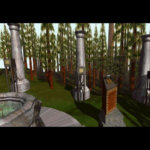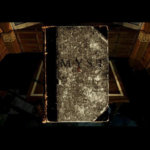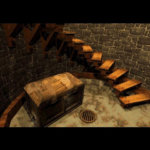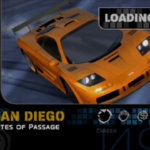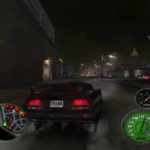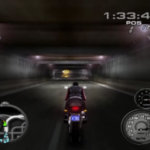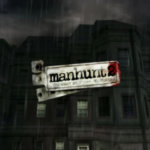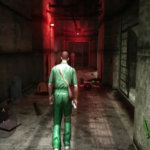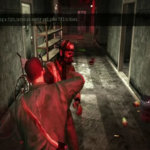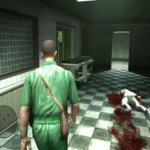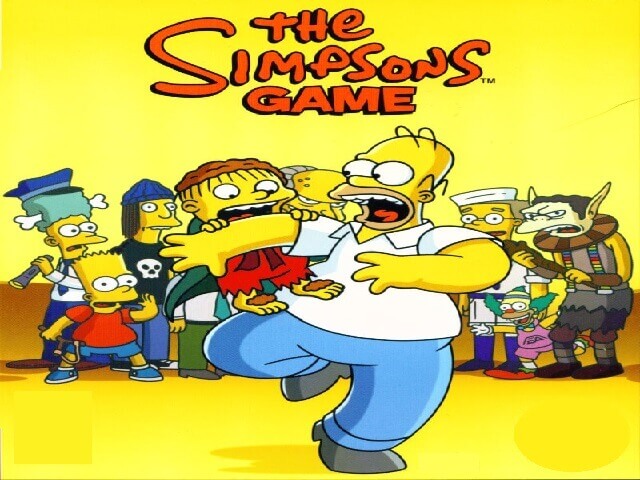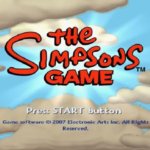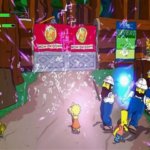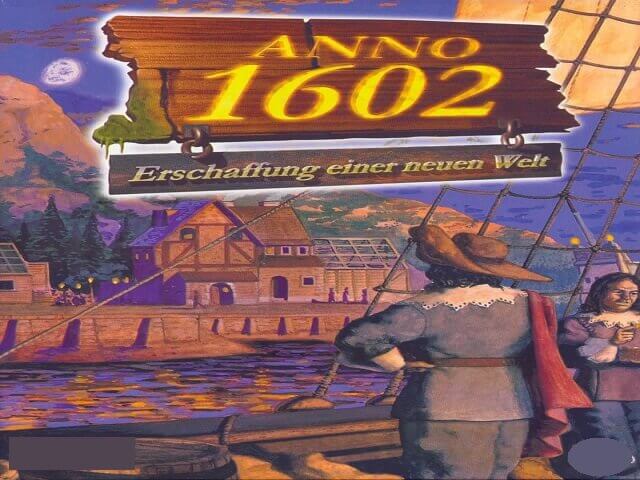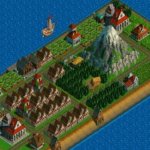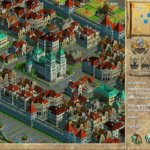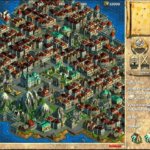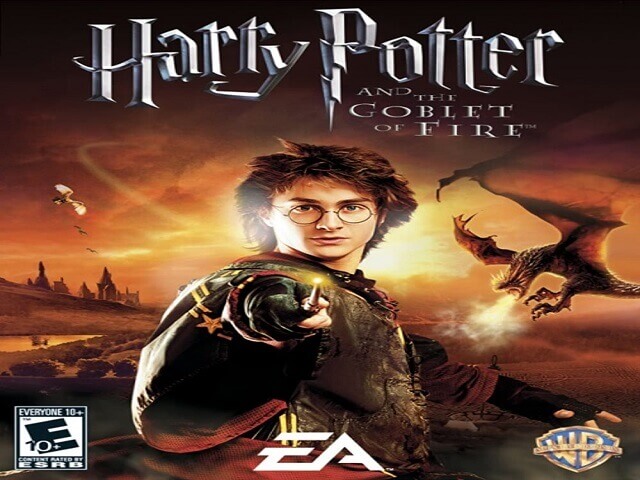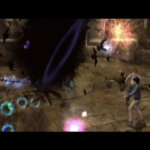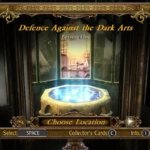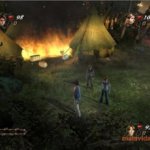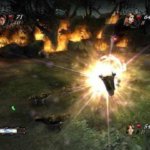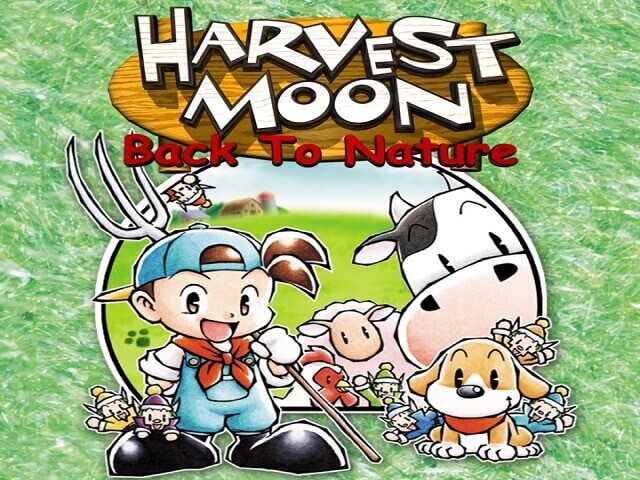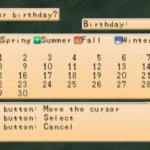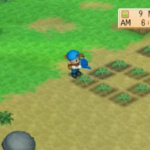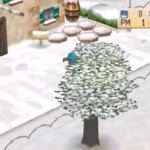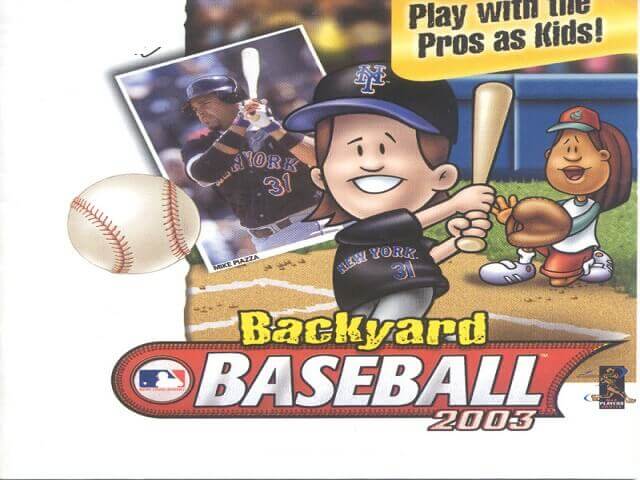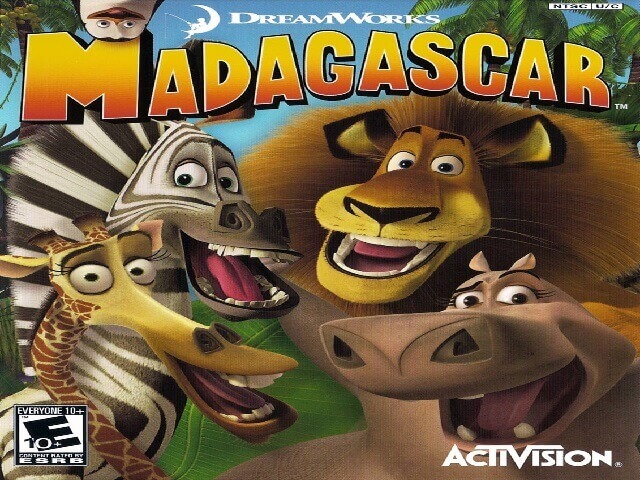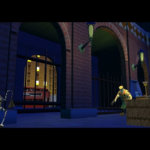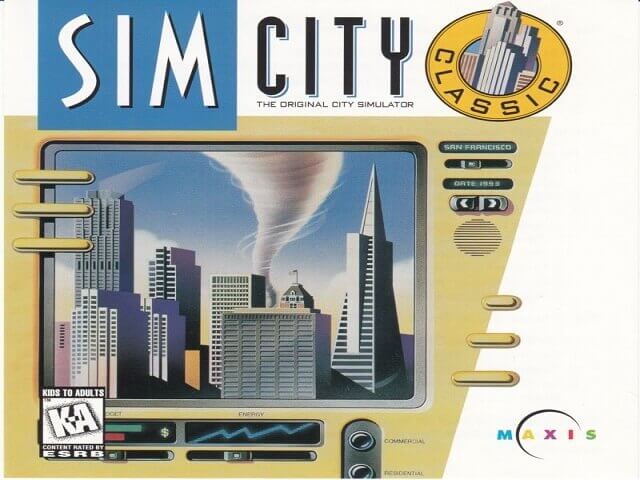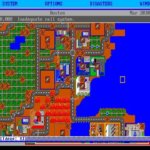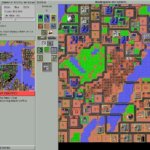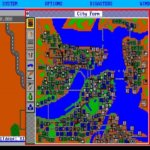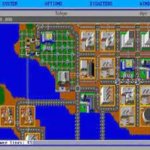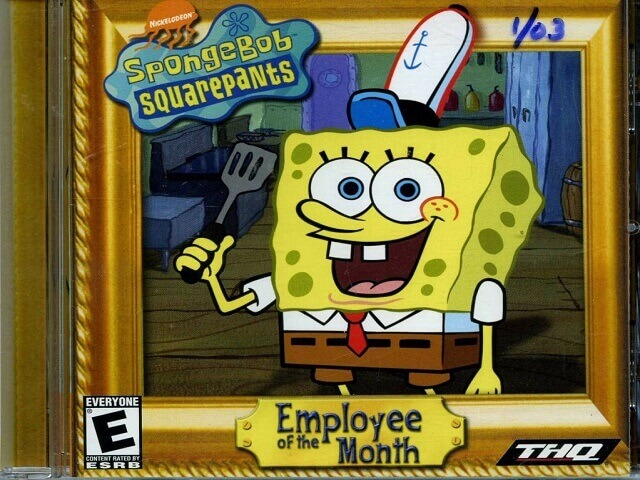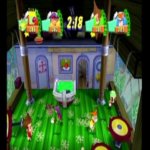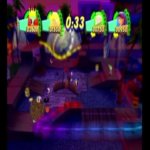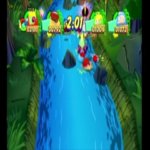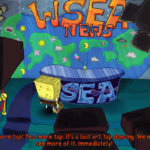Category: Year
-
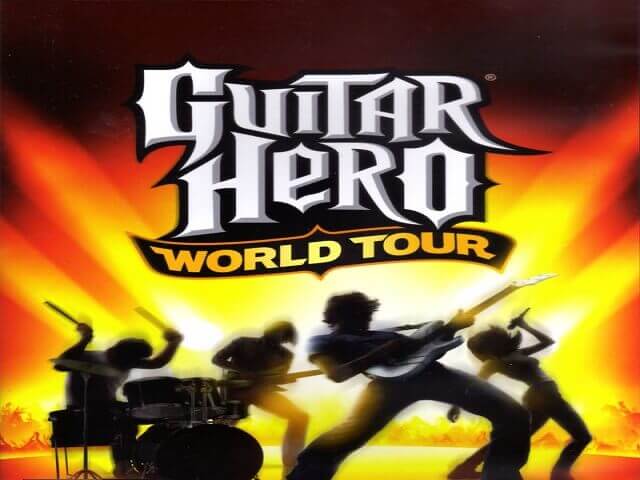
Guitar Hero World Tour
Game Description
Guitar Hero World Tour (originally known as Guitar Hero IV or Guitar Hero IV: World Tour) is a music rhythm video game published by Activision. It is the fourth major entry in the Guitar Hero series. Guitar Hero World Tour was released in North America in October 2008 for the PlayStation 2, PlayStation 3, Wii, and Xbox 360 consoles, and in Europe and Australia a month later. Aspyr later released a version of World Tour for Microsoft Windows and Mac OS X.
While Guitar Hero World Tour songs retain the use of a guitar-shaped controller to simulate rock music playing, Guitar Hero World Tour songs are the first game in the Guitar Hero series to include drum and microphone controllers for percussion and vocal parts, similar to the competing Rock Band series of games. The “Music Studio” mode in the game allows users to create new songs, which can then be uploaded and shared via the “GHTunes” service.
World Tour received generally positive reviews, with critics praising the quality of the instrument controllers, the customization options, and Guitar Hero World Tour song’s difficulty improvements over the previous Guitar Hero III: Legends of Rock.
Publishers Activision Developers Neversoft Release date 2008 Genre Action Download [title]
We might have the game available for more than one platform. Guitar Hero World Tour is currently available on these platforms:
Windows (2009)
How to play on Windows
- Download and Extract Guitar_Hero_World_Tour_Win_ISO_EN.zip.zip
- Mount World Tour PC.iso and run game setup
- Install Guitar Hero World Tour.
- Play Guitar Hero World Tour.
[title] Screenshots
Windows
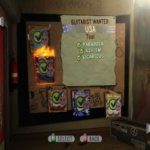



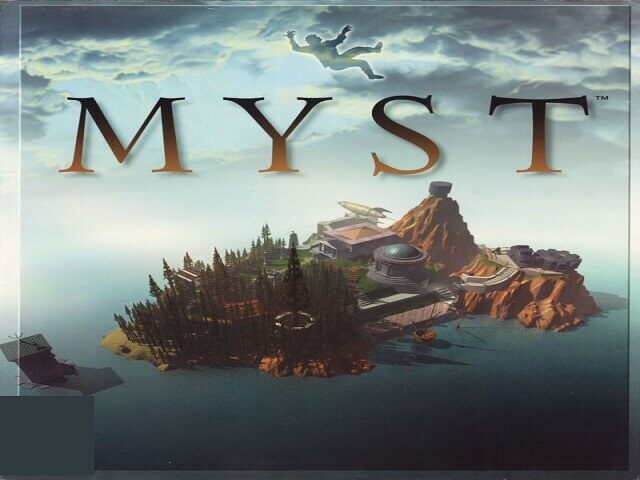
Myst
Game Description
The Miller brothers, Robyn and Rand, created Myst, a graphic adventure puzzle video game. It was created by Cyan, Inc., published by Broderbund, and first released in 1993 for the Macintosh personal computer platform. In the Myst game, players travel to the island of Myst using a special book. There, players solve puzzles to travel to four other worlds known as Ages, which reveal the game’s characters’ backstories.
The Miller brothers got their start in video game development by making games for kids. They created Myst as their first adult game, with funding from publisher Sunsoft. Cyan’s largest project to date, development began in 1991. Myst’s design and production of its graphics, which were state-of-the-art but static, were influenced by time constraints. Robyn Miller composed 40 minutes of synthesized music for the Myst soundtrack.
Myst was a surprise success. Critics praised the game’s ability to immerse players in its fictional world. Myst was the best-selling PC game until The Sims surpassed it in sales in 2002, selling more than six million copies. Myst aided in the adoption of the new CD-ROM format, inspired a multimedia franchise, and spawned clones, parodies, and new video game genres. There have been numerous remakes and postings of the game to other platforms, as well as spin-off novels and other media.
| Publishers | Brøderbund |
| Developers | Cyan |
| Release date | 1993 |
| Genre | Adventure, Puzzle |
[title] Gameplay
Myst’s gameplay is a first-person exploration of an interactive world. On some screens, players can interact with specific objects by clicking or dragging them. The player moves by clicking on the screen’s locations; the scene then crossfades into another frame, allowing the player to explore the new area. Myst has an optional “Zip” feature that allows players to quickly cross previously explored areas; when a lightning bolt cursor appears, players can click and skip several frames to another location. While this allows for faster travel, it can also cause players to miss important items and clues. Some items, such as journal pages that provide backstory, can be carried by the player and read. Players can only carry a single page at a time, and pages return to their original locations when dropped.
The player must fully explore the island of Myst in order to complete Myst. There, the player discovers and follows clues to be transported to several “Ages,” each of which is a self-contained mini-world, via “linking books.” To complete the exploration of each of the Ages—Selenic, Stones, Mechanical, and Channelwood—the user must solve a series of logical, interconnected puzzles. Objects and information discovered in one Age may be required to solve puzzles in another Age or to complete Myst’s main puzzle. To activate a switch, for example, players must first discover the combination to a safe, open it, and use the matches found within to start a boiler.
Aside from its primarily nonverbal storytelling, Myst toothbrush gameplay is unique among adventure computer games in a number of ways. At the start of the game, the player is given very little backstory and no obvious goals or objectives are laid out. This means that players should just start exploring. There are no obvious enemies, no physical violence, no time limit to finish the game, and no danger of dying at any point. Myst toothbrush game progresses at its own pace and is solved by a combination of patience, observation, and logical thinking.
Download [title]
We might have the game available for more than one platform. Myst is currently available on these platforms:
Myst Screenshots
Windows

